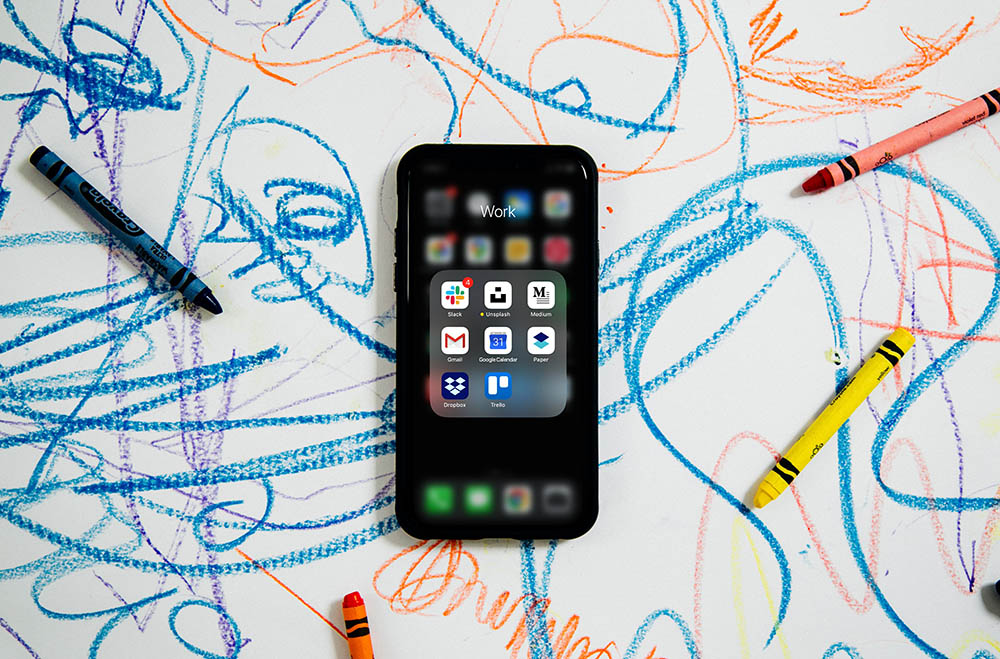For those with the privilege to stay home, working from home is the new reality we have to deal with, whether we were ready for it or not.
Working from home can upset the balance between work and personal life. It presents entirely new challenges compared to working in an office, like loneliness, bad time management, heightened levels of stress, and miscommunication with staff or team members. The conditions of a work-from-home setup can also affect health and mental well-being. The isolation and burnout you feel is completely valid given that social interaction is limited.
While it may be difficult to adjust to this working environment, creating effective productivity routines are essential in keeping you on top of your tasks and your mental health.
Allot time for breaks
Spending a whole day at home can mean either one of two things: You get carried away with work and do it nonstop from dawn to dusk or you get carried away resting and forget that you were supposed to be working in the first place. Allotting time for breaks prevents you from overworking or underworking. Incorporating breaks in your routine helps you manage your time and workload. It can also be a way to reward yourself for finishing your tasks within the allotted time.
During breaks, allow yourself to breathe and get a bit of rest before finishing the rest of your tasks. Take this as an opportunity to eat and get hydrated. Make sure though that your breaks are reasonably timed so you won’t fall into the trap of extending it until you clock out.
Working from home can upset the balance between work and personal life. It presents entirely new challenges compared with working in an office, like loneliness, bad time management, heightened levels of stress and miscommunication with staff or team members.
Eliminate distractions
Working from home means that distractions, like that TV show you’ve been binge-watching since last night, are easily accessible to you. While discipline is a big factor in making sure you stay on track of your to-do list, keeping a clear head makes it easier.
Get to know what kinds of things can interrupt your routine and work on eliminating them. You can install locks on your social media apps that will prevent you from mindless scrolling. You can remove the books you’ve been meaning to read from your work table. Turn the TV off while you work so you don’t get tempted to finish a whole season or start an entirely new show. Keep your desk tidy as well, so you don’t tinker with your clutter or get tempted to clean out everything.
Eliminating distractions is essential to establish a productive mindset: When it’s work time, you have to work.
Stay connected with your team
Isolation can be pretty rough, especially if you’re a sociable person. Keeping your communication lines open makes it easier to collaborate. You can also ask for help or be of help to those who need it. There are many video conferencing apps and websites you can utilize when you want to set up a team meeting.
Aside from keeping up to date with tasks, deadlines, and reminders, you can message your team just to check in—like you would on any regular workday. It won’t hurt to check up on how your team is doing. Engaging in casual talk may actually help lift up the spirits of team members who have been taking isolation hard.
Isolation can be pretty rough, especially if you’re a sociable person. Keeping your communication lines open makes it easier for a team to collaborate.
Make stress work for you
These are stressful times we live in, so it’s understandable if you need to take a break from everything that has been happening. However, there are some ways in which stress can actually be beneficial in making sure you stay productive—you just have to be familiar with it.
The Yerkes-Dodson law states that performance in a situation positively increases when there is an optimal amount of mental arousal (stress). But, if stress levels get too high, performance will be negatively affected because stress turns into anxiety.
It’s important that you recognize the good kind of stress, so it can drive you to be focused, productive, and efficient. This kind of stress can also help you in taking control of tasks and problems, allowing you to perform optimally.
However, it’s also important to get to know the other side of the coin: Recognize bad stress and acknowledge that you should take a step back in order to avoid risking an impaired performance and to avoid negatively affecting your well-being, mental or otherwise.
Create boundaries
Aside from physical boundaries, like not working in bed or not eating meals in front of the computer, you also have to set boundaries with your housemates/roommates and your team members.
As much as possible, your housemates have to be aware of your scheduled meetings or calls, especially if you work in a shared space (like a living room or a dining room).
For your team members, let them know that once you’ve signed out, you will no longer entertain their requests or queries, just like in a regular business day. This is to avoid unnecessary long hours and additional stress. This will also be a challenge for you to manage your time so that you can fit all your work into the hours of your regular workday.
Employment trends have been pointing to a shift from office work to remote work, even before the onset of the global health crisis. Utilizing these strategies now, and getting to know the best way that you can be effective remotely, will help alleviate some of the burden amid the COVID-19 pandemic as well as future-proof your routines and habits once telecommuting becomes the new norm.





